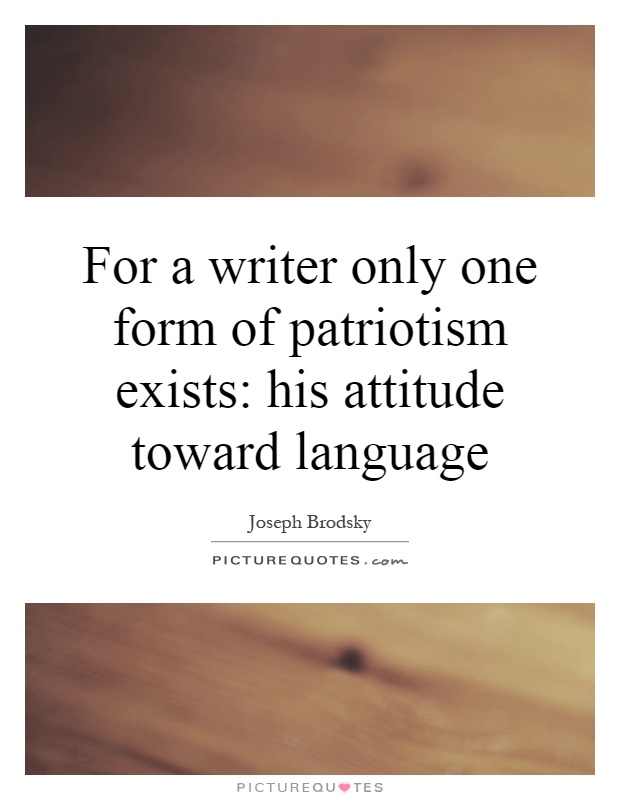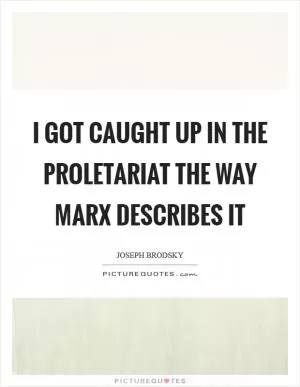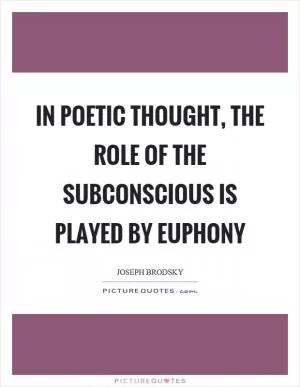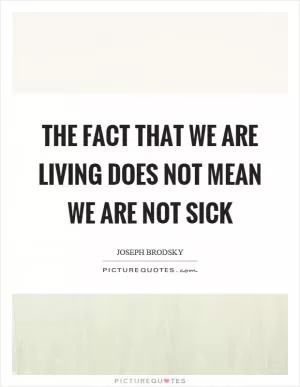For a writer only one form of patriotism exists: his attitude toward language

For a writer only one form of patriotism exists: his attitude toward language
Joseph Brodsky, a Russian-born poet and essayist, was a staunch advocate for the power and importance of language in shaping one's identity and sense of patriotism. For Brodsky, language was not just a tool for communication, but a vessel for culture, history, and individual expression. In his view, a writer's attitude toward language was the truest form of patriotism, as it reflected their commitment to preserving and enriching the cultural heritage of their people.Brodsky's own relationship with language was deeply personal and profound. As a Russian poet living in exile in the United States, he grappled with the complexities of his linguistic identity and the ways in which language shaped his understanding of self and homeland. In his essay "In a Room and a Half," Brodsky reflects on the power of language to transcend borders and connect individuals across time and space. He writes, "Language is the only homeland, the only fatherland, the only truth. It is the only thing that binds us together, that makes us human."
For Brodsky, language was not just a means of communication, but a living, breathing entity that carried the weight of history and culture. In his poetry, he often explored the themes of exile, loss, and longing, using language as a tool to navigate the complexities of his own identity and experiences. In his poem "Odysseus to Telemachus," Brodsky writes, "Language is the only homeland, the only fatherland, the only truth. It is the only thing that binds us together, that makes us human."
Brodsky's commitment to language as the truest form of patriotism was evident in his work as a poet and essayist. He believed that writers had a responsibility to uphold the integrity of language and to use it as a tool for social and political change. In his Nobel Lecture, Brodsky declared, "A writer is a citizen of language, a patriot of words. His duty is to defend the integrity of language against the forces of ignorance and oppression."












 Friendship Quotes
Friendship Quotes Love Quotes
Love Quotes Life Quotes
Life Quotes Funny Quotes
Funny Quotes Motivational Quotes
Motivational Quotes Inspirational Quotes
Inspirational Quotes